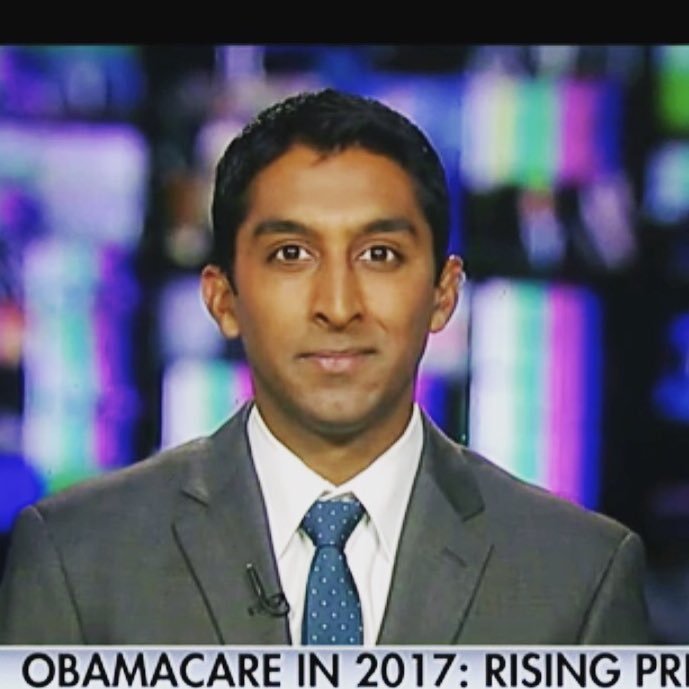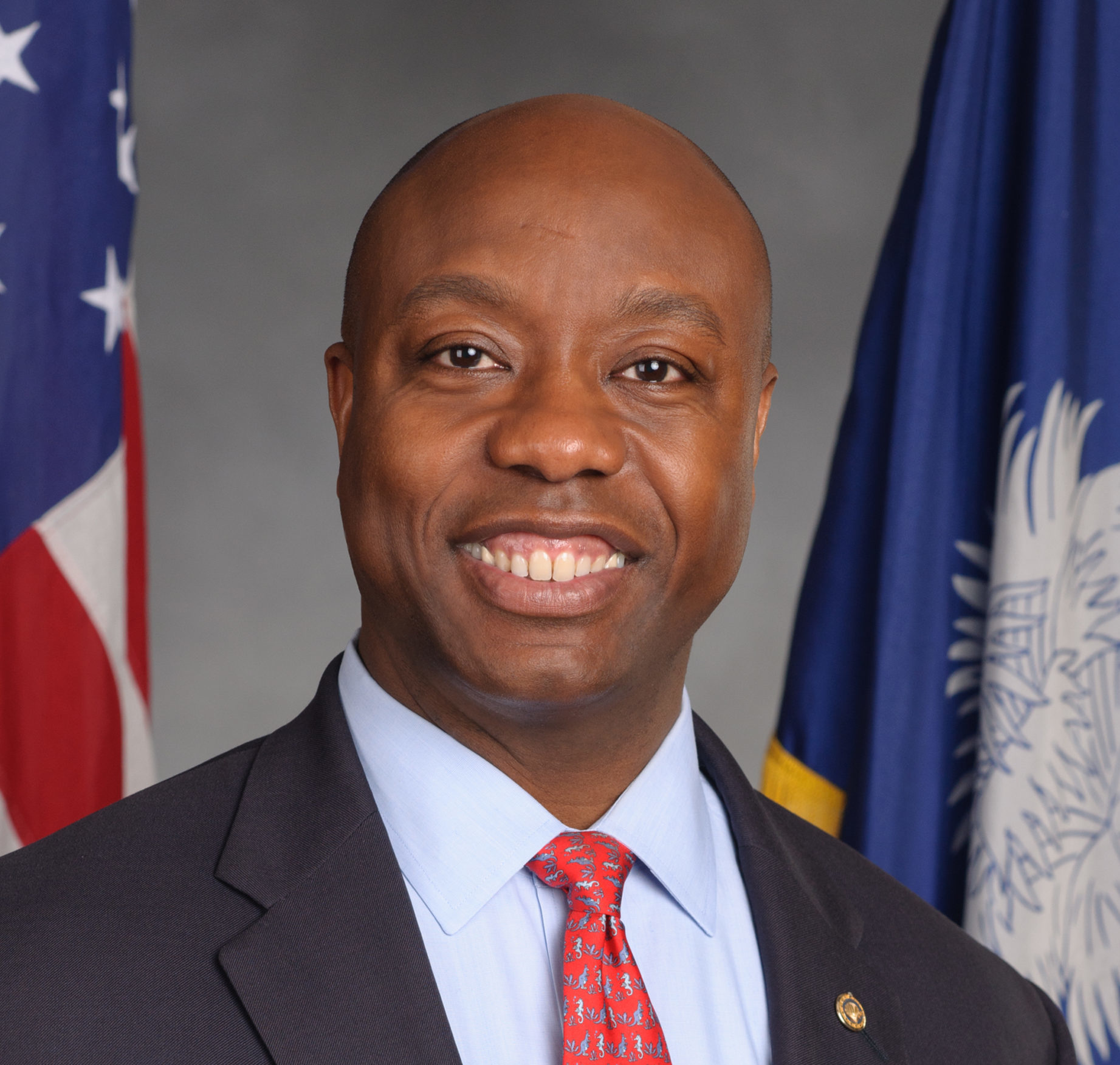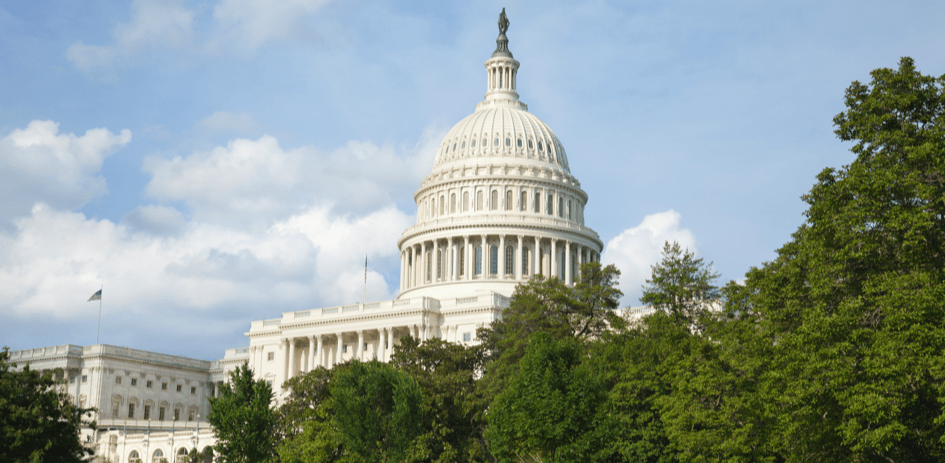Posts tagged dues
Court Rejects Union Attempt to Dismiss Cuyahoga County Officer’s First Amendment Challenge to Police Union Dues Deductions
March 31, 2022 // The federal lawsuit says that Warren was not a member of the FOP union before the Janus decision in June 2018, and never signed an authorization for the deduction of union dues or fees from her wages. However, FOP union bosses collected fees and later full union dues from her wages anyway without her consent.
National Right to Work Foundation Defends Michigan Right to Work Law Against Union Boss Forced Fee Scheme
March 31, 2022 // National Right to Work Legal Defense Foundation attorneys filed an amicus brief in the Technical, Professional and Officeworkers Association of Michigan (TPOAM) v. Daniel Lee Renner case currently before the Michigan Supreme Court. In the case, Saginaw County employee Daniel Renner is contesting a union scheme designed to eliminate the Michigan Right to Work law’s protection against forcing employees to pay dues or fees as a condition of employment.
Union Pays $40K Settlement in Religious Discrimination Case
March 30, 2022 // Laborers' International Union of North America has spent millions backing Democrats
PUBLIC-EMPLOYEE UNIONS USE RED TAPE TO OBSCURE THEIR DECEIT
March 29, 2022 // Read the fine print in your union membership agreement and you’ll find it’s filled with exceptions and loopholes intended to undermine the clear intent of the U.S. Supreme Court’s 2018 ruling in Janus v. AFSCME, which identified forced union membership or dues as a violation of the worker’s First Amendment rights.

The Employee Rights Act Puts Workers Ahead of Unions
March 25, 2022 // For most Americans, labor laws — like labor unions — are an afterthought. Just 6 percent of private sector workers are union members. However, labor law makes an enormous impact on union and nonunion workplaces alike. Therefore, the ERA improves protections for workers in a variety of situations: those who might become subject to a unionization drive, those already represented by a union, and those who do not wish to unionize.

Opinion: Amazon Employees Don’t Need a Union
March 25, 2022 // Tight labor markets empower workers more than any union. That’s why it’s unlikely that the 7,500 Amazon workers at the JFK8 plant in Staten Island, New York, who are voting today on whether to join the Amazon Labor Union, will choose to be organized. Voting at Amazon’s LDJ5 plant (also in Staten Island), which employs 1,500 workers, will take place next month.

Opinion: Time for a Law That Puts Workers, Not Unions, First
March 25, 2022 // The Employee Rights Act of 2022, unlike Biden’s PRO Act, encourages innovation and job flexibility.
Dry Fork Station Workers File Petition to Remove IBEW Union from Their Workplace
March 23, 2022 // Decertification election will allow plant workers to vote to free themselves from unwanted union “representation”

Should Legislative Aides Unionize?
March 22, 2022 // The constituents who were not being served by their Washington State Democratic lawmakers while the staff staged a work stoppage paid a price even before unionization could take effect at the state capitol. Imagine if a strike lasted more than a day or two, while legislative staffers carried out a union’s bidding rather than the work they were hired to do by the elected official and the American voter. And therein lies another issue entirely: Unions do not answer to the voters.
